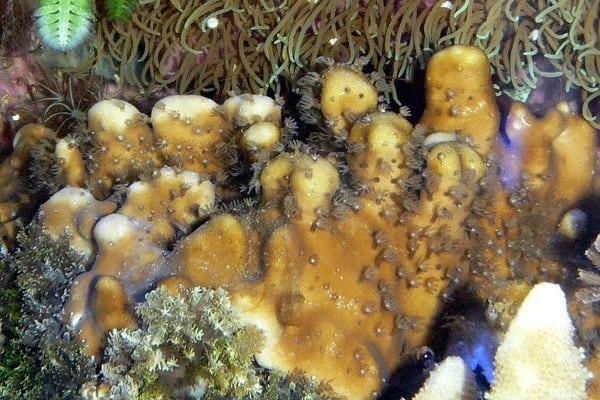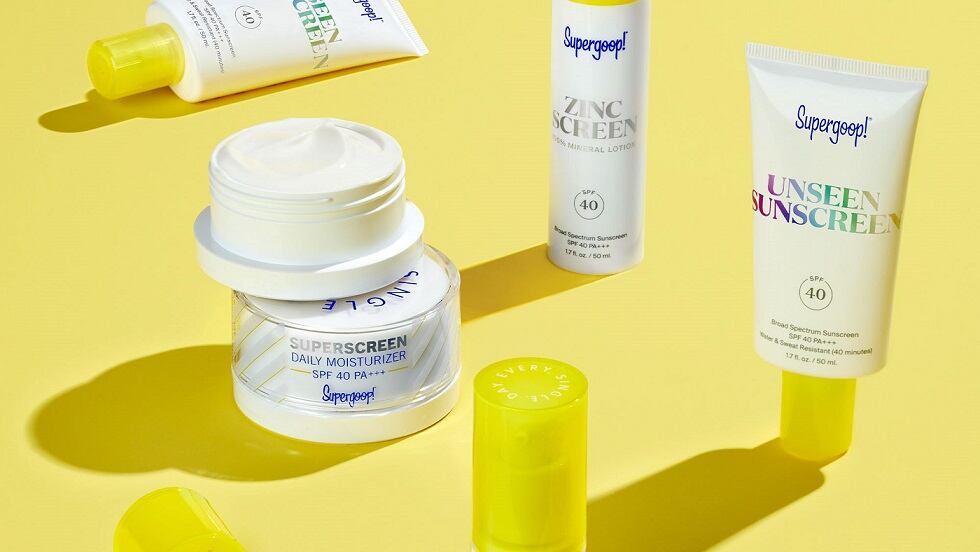The Japanese beauty giant says it will now be possible to evaluate the effects of sunscreens and other cosmetic ingredients on corals.
“Utilising this research, we will realise the development of coral-friendly cosmetics while protecting the skin of people entering the sea from ultraviolet rays,” said the firm.
In a recent project, the company collaborated with Koji Kinjo, an expert in coral cultivation in Okinawa, to established a breeding method to create healthy corals.
Once this was in place, they created a process to replicate how sunscreen ingredients would come into contact with them.
They then used a biochemical method called chlorophyll fluorescence measurement method (PAM) to gauge the photosynthetic activity of phytoplankton that coexists with reef-building corals. As this activity decreases under high stress, the invisible effect on growth was evaluated without destroying the coral.
Study details
Detailing the experiment, the firm reported: “Using the experimental system established in the above study, we evaluated the effects of seven typical UV protection agents contained in sunscreens on corals. This time, we evaluated ethylhexyl methoxycinnamate (octinoxate), hexyl diethylaminohydroxybenzoyl benzoate, bisethylhexyloxyphenol methoxyphenyltriazine, polysilicone-15, oxybenzone-3, zinc oxide, and titanium oxide.
“The experimental concentration was set to a concentration sufficiently higher than the maximum concentration of UV absorbers detected in the sea near Okinawa in the past, assuming that the actual environmental concentration would be guaranteed. We used Usuedamidoriishi, one of the reef-building corals, as a sample, and conducted a two-week breeding experiment in the presence of each UV protection agent.
“As a result of visual evaluation, no abnormalities were found in coral growth in any of the specimens. In addition, in the photosynthetic activity measurement by PAM, no statistically significant difference was confirmed before and after the experiment at any level. It was confirmed that the seven types of UV protection agents commonly used for sunscreens do not affect the growth of corals at environmental concentrations.
Some UV protection ingredients in sunscreens have been reported to have adverse effects on coral growth, and have been banned from being sold or used in areas with coral reefs, such as Hawaii.
On the other hand, the Personal Care Products Council (PCPC) is concerned that the scientific basis is not sufficient, and it is not possible to refrain from using sunscreen for public health reasons.



